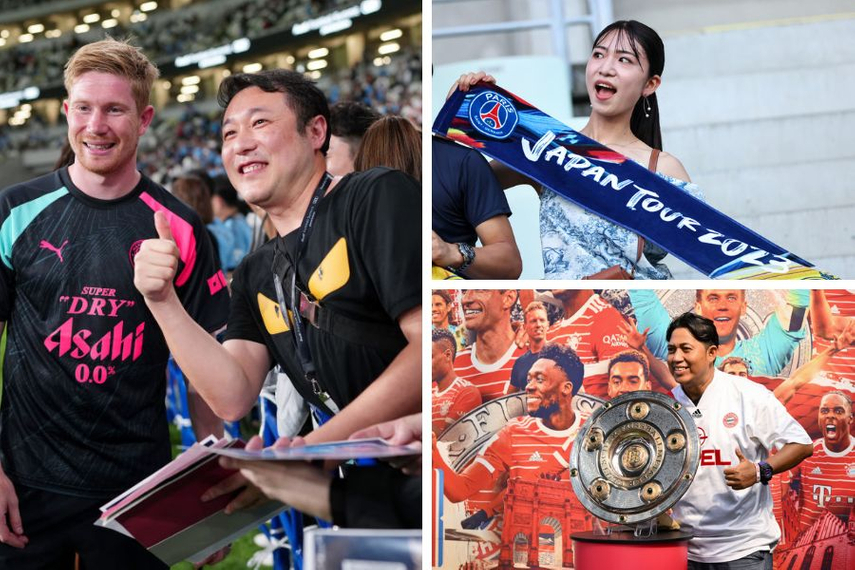
Please sign in or register
Existing users sign in here
Having trouble signing in?
Contact Customer Support at
[email protected]
or call+91 022 69047500
Tapping into the Asian market is something most European football clubs have been keen to do over the years, but to varying degrees of infiltration. Campaign spoke to some of the biggest clubs in Europe as they headed to APAC, to find out how they stay in touch with Asian fanbases

Contact Customer Support at
[email protected]
or call+91 022 69047500
Top news, insights and analysis every weekday
Sign up for Campaign Bulletins
Industry leaders weigh in on how brands can help shape pop culture again through innovative storytelling and a balanced approach between creativity and performance.
Pouring money into social media ads isn’t paying off for many marketers. As ROI shrinks, here are the alternatives that marketers are exploring to drive results.
Nearly 78% of India’s Gen Z feel positive about taking responsibility for their own health, finds a global Gen Z study conducted by Burson.
INSIDE THE AD: Lenovo’s AI-driven thriller grabs millions of eyeballs—but as machines aid imagination, can advertising keep its human edge intact?